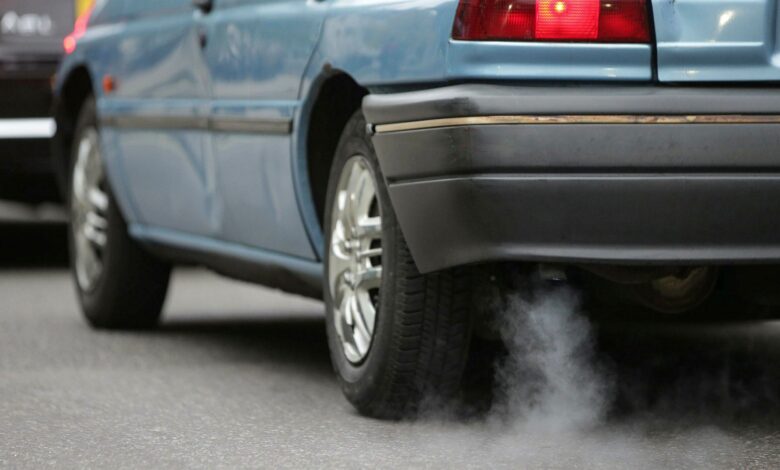EU agrees ban on new combustion-engine cars, vans by 2035
Cars and vans are responsible for 15 percent of CO2 emissions in the EU. Expected results from this measure include better air quality and better health for citizens.

The European Parliament and the Council of the European Union (EU) reached a provisional agreement late on Thursday on a European Commission proposal to end the sale of new CO2-emitting cars and vans by 2035.
EU co-legislators also agreed to a 55 percent CO2 emission reduction target for new cars and 50 percent for new vans compared to 2021 levels by 2030. By 2035, the targets will go up to 100 percent for both categories.
This is the first agreement reached in the framework of the ‘Fit for 55’ package, the EU’s plan to reduce its greenhouse gas emissions by at least 55 percent by 2030 compared to 1990 levels.
“Closing a first deal on a proposal from the ‘Fit for 55’ package is a strong signal that the EU is determined to make progress towards climate neutrality and the green transition,” Anna Hubackova, the Czech Republic’s minister of environment, said.
Cars and vans are responsible for 15 percent of CO2 emissions in the EU. Expected results from this measure include better air quality and better health for citizens.
The agreement also gives a boost to the design and manufacturing of such vehicles. “This agreement will pave the way for the modern and competitive automotive industry in the EU,” Czech Minister for Trade and Industry Jozef Sikela said.
“The world is changing, and we must remain at the forefront of innovation. I believe we can take advantage of this technological transition.” The agreed timeline should enable Europe’s carmakers to adjust, he said.
The EU’s automotive industry is the world’s second-largest after China and accounts for 7 percent of the bloc’s gross domestic product (GDP), according to the European Commission. The measure was first proposed by the Commission in July 2021.







